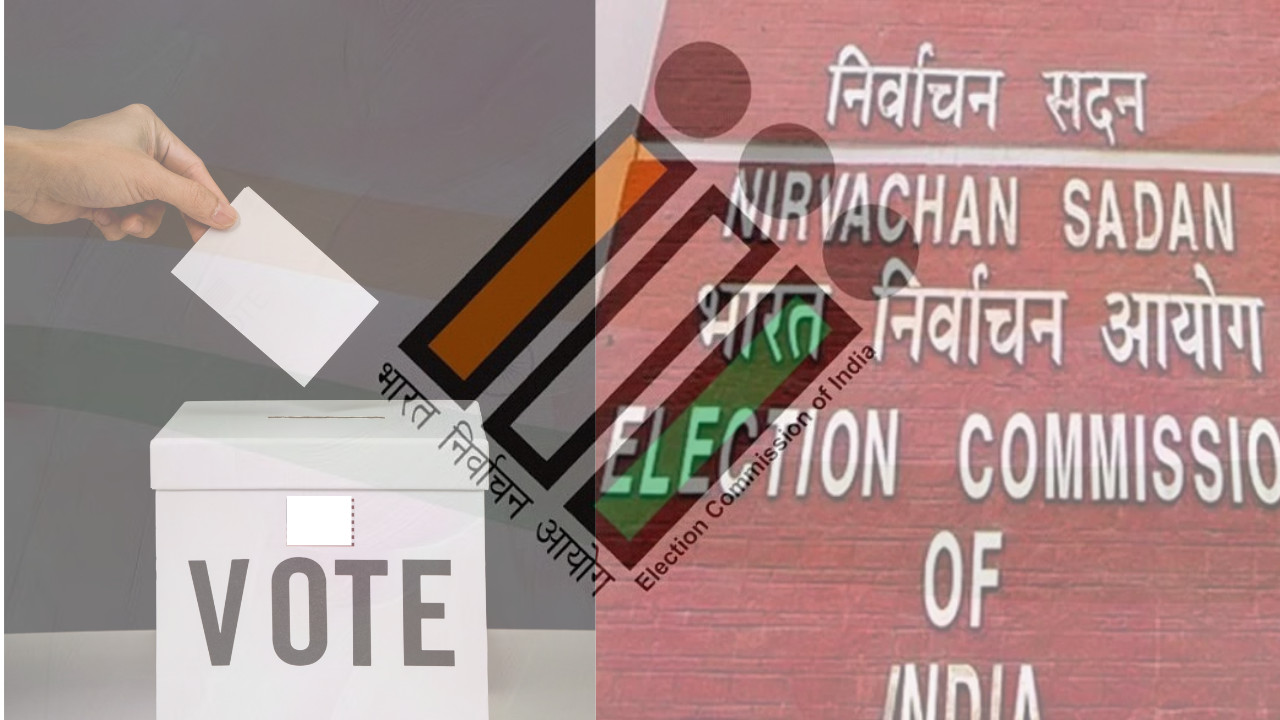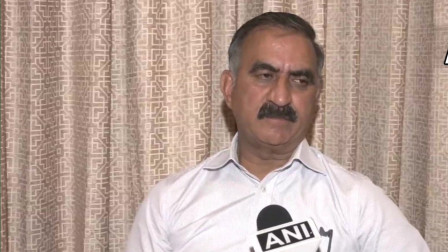
Not Just Bihar—Election Commission to Roll Out SIR Across India to Identify Illegal Foreigners (Image Source: Canva)
The Election Commission’s Special Intensive Revision (SIR), aimed at removing fake voters from the electoral roll, is expected to become a milestone in identifying and deporting foreign nationals living illegally in India. What began in Bihar is now planned to be implemented across the entire country. This process will not only purify the voter list but will also bring a large number of illegal foreigners to the government's notice—though only partially.
The Election Commission intends to implement this state by state, strengthening voter rolls nationwide. This decision was taken after consultations with all political parties. However, due to concerns raised by opposition parties, the matter reached the Supreme Court. Once the green signal was received during the hearing on the 28th, the Election Commission moved ahead with plans for implementing SIR nationwide. Still, it's important to note that SIR may not identify all illegal foreigners residing in India. Only those who are corrupting the electoral process will fall within its scope. Many individuals possessing fake documents may still avoid detection through SIR. But when executed across the country, a significant percentage of illegal foreigners will come under scrutiny.
According to legal experts, Article 326 of the Constitution empowers the Election Commission to purify the electoral rolls. This article guarantees elections based on adult suffrage. It states that every Indian citizen aged 18 or above, who ordinarily resides in a constituency, is eligible to register as a voter. There are exceptions—non-residents, individuals with mental illness, or those disqualified due to crimes, corruption, or illegal activities are ineligible to vote.
This article ensures that every eligible citizen can vote fairly and equally. Thus, the Commission conducts revisions to correct electoral rolls based on grounds like death, duplication, or foreign status.
In this regard, Section 21 of the Representation of the People Act, 1950 empowers the Election Commission to prepare and revise electoral rolls. It also allows for special revisions with recorded reasons. These revisions can begin in January, April, July, and October. These time frames help add new voters and remove fake or deceased voters.
This is not the first time such a revision has occurred. Bihar saw a similar intensive revision in 2003, covering about 30 million voters in just 31 days. In the current drive, the word "special" has been added. Aadhaar, EPIC, and ration cards are used as alternative documents, as none legally confirm citizenship. EPIC is already printed on forms for SIR in Bihar. For verification, voters must provide one of 11 documents such as residence proof, lineage documents, or birth certificates.
Legal experts emphasize that Article 326 clearly states only Indian citizens can vote. The Commission is not checking citizenship per se, but determining voter eligibility. Any displaced or illegal foreign national attempting to join the electoral process will be caught in this process. However, this cannot be termed as NRC, because it only identifies foreigners trying to corrupt the electoral process—not those who are uninvolved.
Sources from the Election Commission say various issues have been found in voter lists across several states. Therefore, a nationwide revision will be conducted to ensure only genuine voters remain. If a legitimate voter is not listed for any reason, the Commission will ensure they are added. The entire process follows the law, and if someone is excluded due to doubt, they have the right to appeal. Objections can be raised with the senior-most local officer, and if unresolved, taken to the judiciary. If a genuine voter's name is accidentally removed, they will get a chance to appeal after the draft list is published. Upon verification, their name will be added back.
For Bihar, January 1, 2003, has been taken as the cut-off date for updating voter lists. This is the date until which SIR is being applied in Bihar. Similarly, other states like Delhi, Haryana, and Uttar Pradesh will have their own cut-off dates based on when previous intensive revisions were conducted—be it in 2001, 2002, 2003, or 2004.
The biggest advantage of using this cut-off date is that anyone whose name was on the voter list by then will be assumed to be a citizen, and their name will be retained during updates without requiring additional documents. However, those whose names were added after the cut-off date—or new voters—will be required to submit documents proving date and place of birth.








Copyright © 2026 Top Indian News
